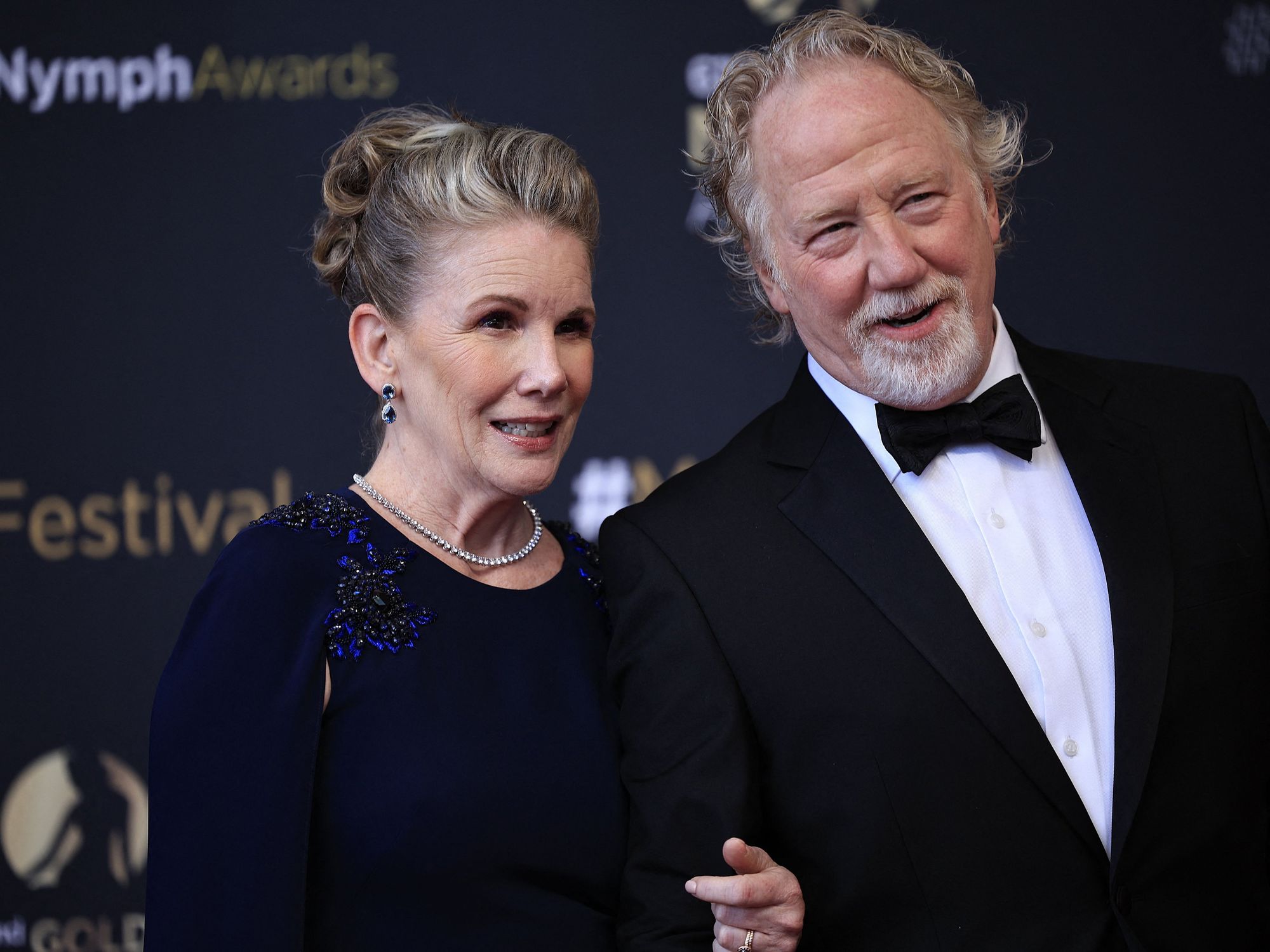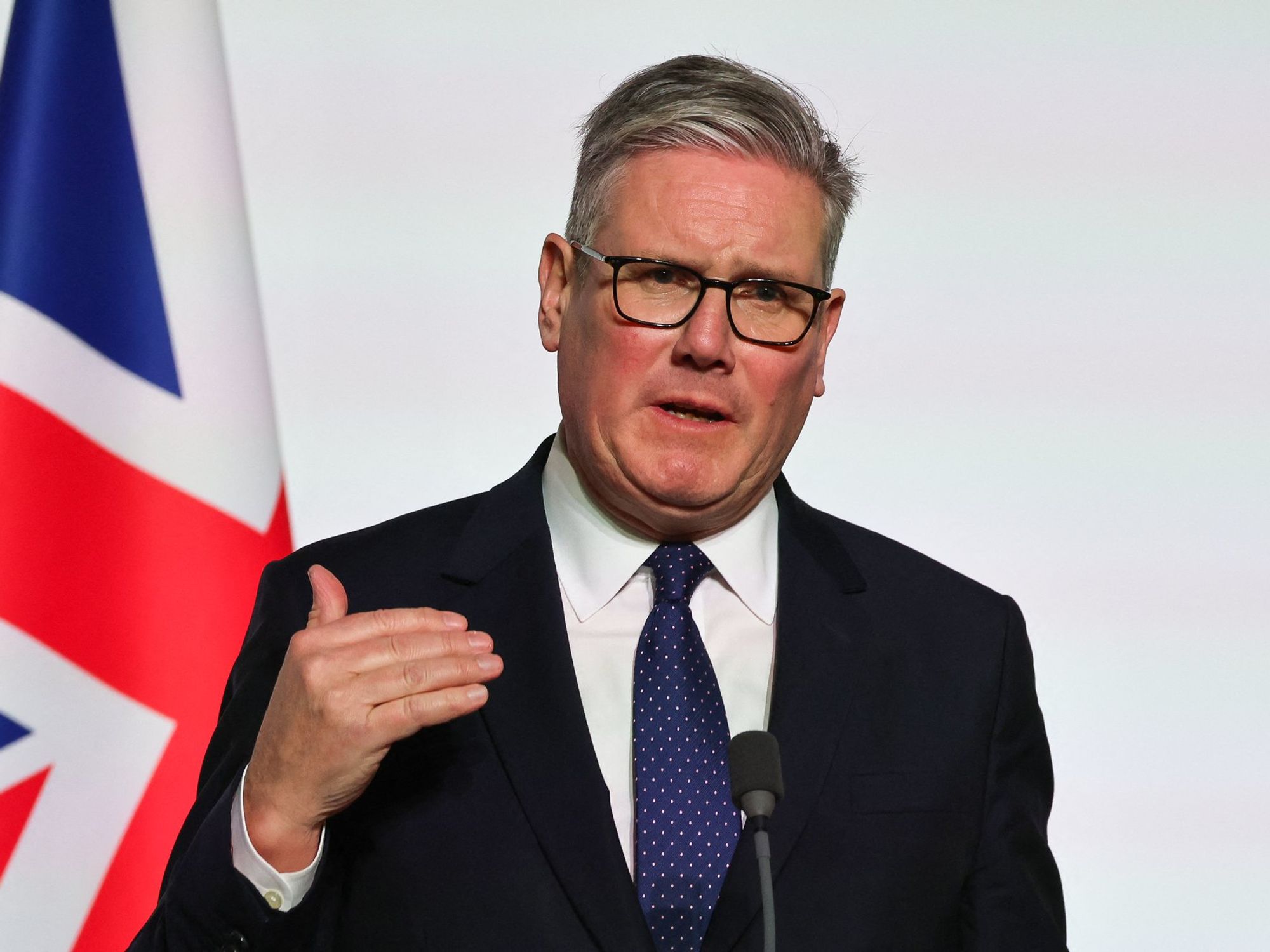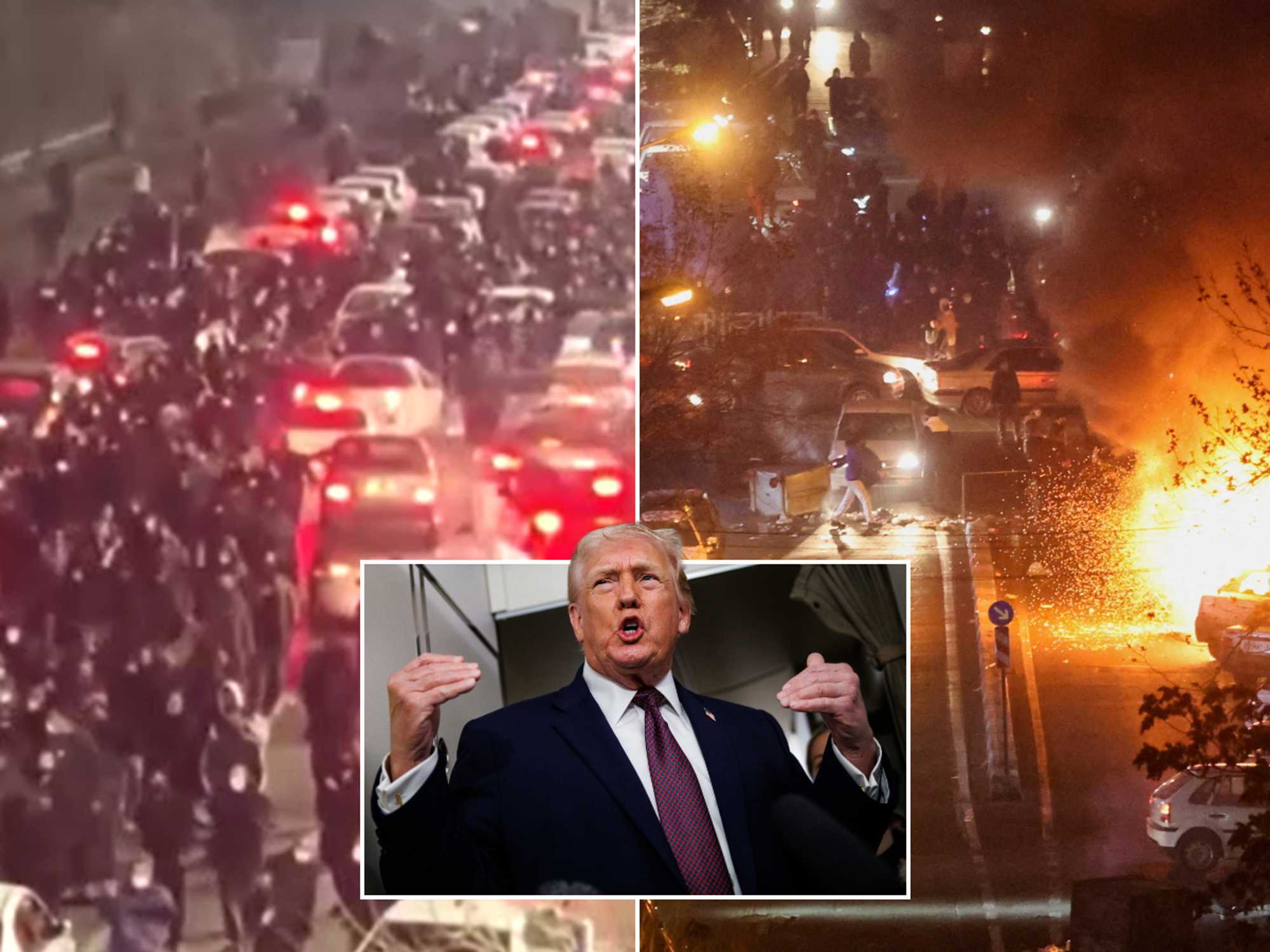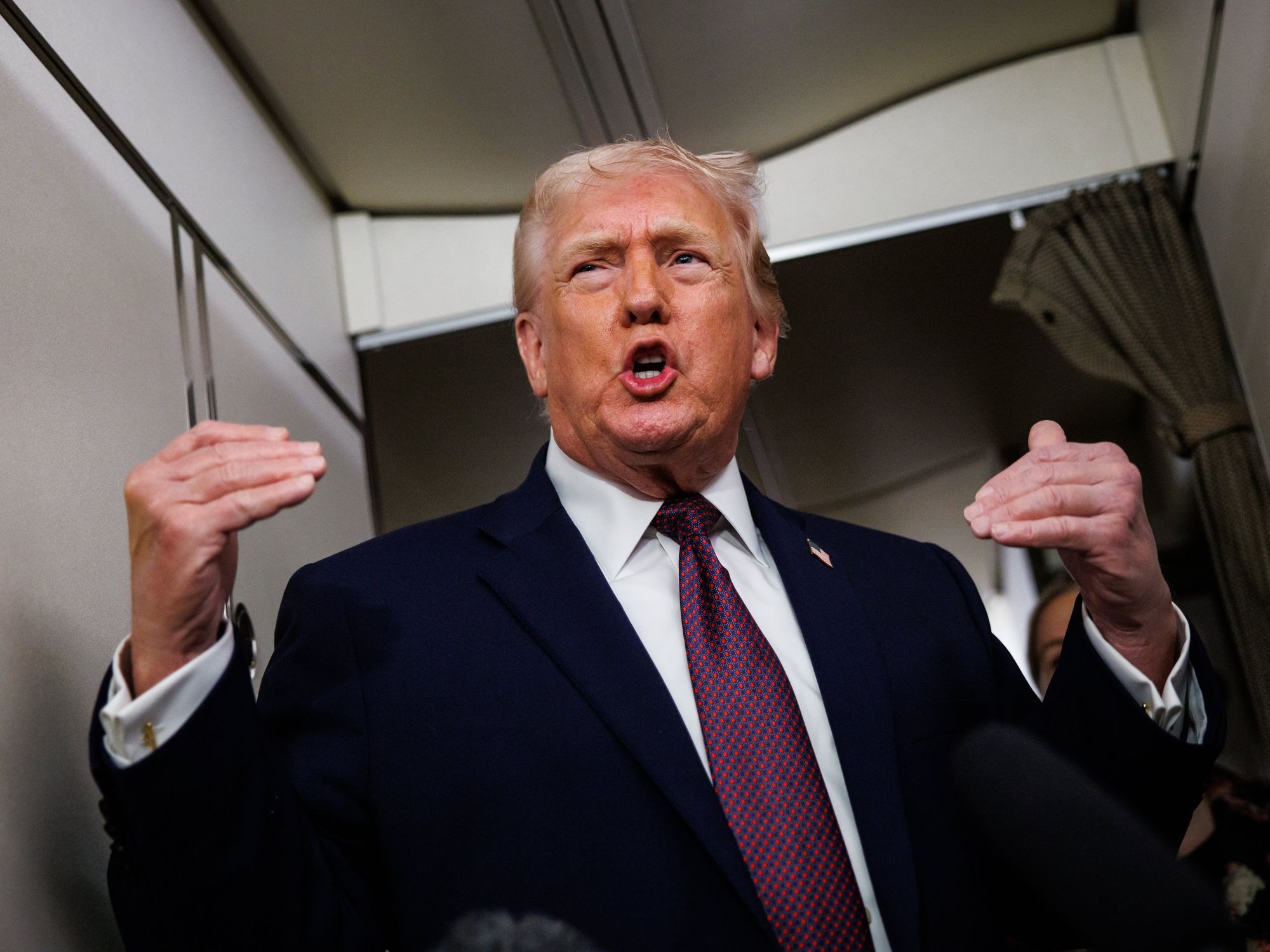Charlie Peters fears new Islamophobia law will see grooming gang victims ‘derided as hateful’ for speaking out on abuse

GB News's National Reporter said victims are already frightened to speak out due to fears of being labelled racist
Don't Miss
Most Read
Trending on GB News
GB News star Charlie Peters has cautioned that forthcoming legislation targeting Islamophobia may obstruct future inquiries into grooming gang cases across Britain.
Our National Reporter highlighted that apprehensions about being labelled racist have already hindered investigations in more than fifty municipalities throughout the country.
"In the towns where this is a problem, and we found over 50 towns and cities, there are many towns found in official reports, backed up in a report by Louise Casey last month, where fears of accusations of racism did prevent investigation," Charlie stated.
He expressed strong conviction that such impediments to proper investigation persist today.

Charlie Peters has hit out at the new law he fears will stifle investigations
|GB NEWS / PARLIAMENT
Charlie warned that implementing the proposed Islamophobia definition in its current form would provide additional tools for those seeking to suppress these crucial conversations.
The GB News reporter emphasised that the proposed measures would create additional barriers for those attempting to address child exploitation cases.
LATEST DEVELOPMENTS
- Labour risks handing Reform more than 100 seats over Islamophobia definition
- Islamophobia ‘a deeply insidious term’: Rafe Heydel-Mankoo blasts Labour’s move to crush free speech
- Farage and Kuenssberg clash branded 'unwatchable' as BBC viewers fume over 'disgraceful' interview
"It would make it harder for you, our audience, who want to engage in this story. We have heard from victims and families wanting to speak up but fear being derided as hateful. We're talking about child abuse," he explained.
He noted that GB News has faced persistent criticism for bringing renewed attention to the grooming gang issue.
"Here at GB News, we have been under fire relentlessly for putting this issue back on the map. It is being used to chill discussions even now," he said.
Charlie argued that the current climate already discourages open dialogue about these serious crimes, and formal legislation would exacerbate this silencing effect.
The Labour Government has been advancing plans for a formal Islamophobia definition through a committee led by Deputy Prime Minister Angela Rayner.
This working group, operating with minimal public visibility, recently concluded a consultation process that reportedly focused on selected Labour supporters and Muslim organisations.
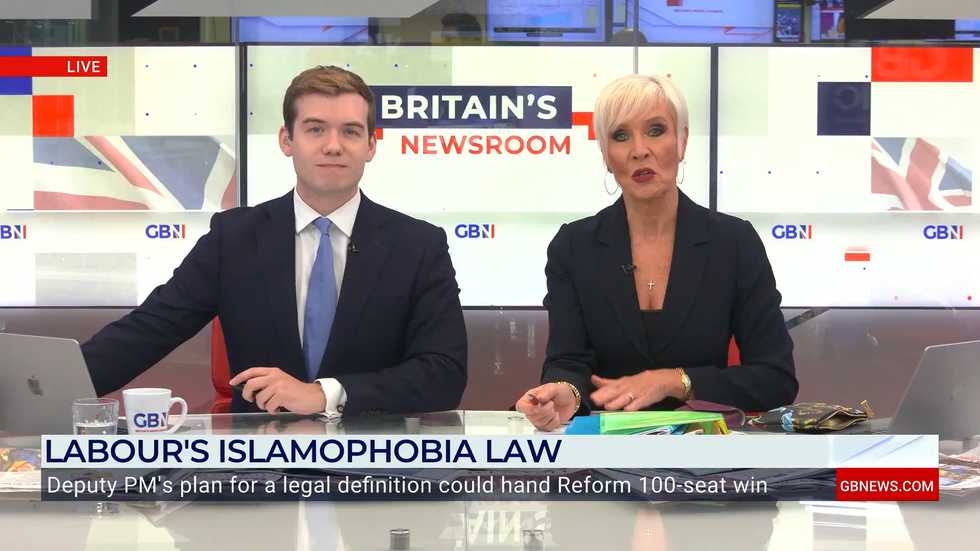
Charlie Peters and Dawn Neesom reacted on GB News
|GB NEWS
The initiative builds upon a 2018 parliamentary proposal that Labour endorsed whilst in opposition, which characterised Islamophobia as "rooted in racism" and targeting "expressions of Muslimness or perceived Muslimness".
Significantly, that earlier definition explicitly identified concerns about "Muslim rape gangs" as an example of Islamophobia, describing such discussions as "a subtle form of anti-Muslim racism".
The 2018 report, which involved politicians including Dominic Grieve and Anna Soubry, branded conversations about grooming gangs as perpetuating "age-old stereotypes and tropes about Islam and Muslims".
Critics argue that existing pressures to shield Islam from scrutiny are already undermining freedom of expression in Britain.
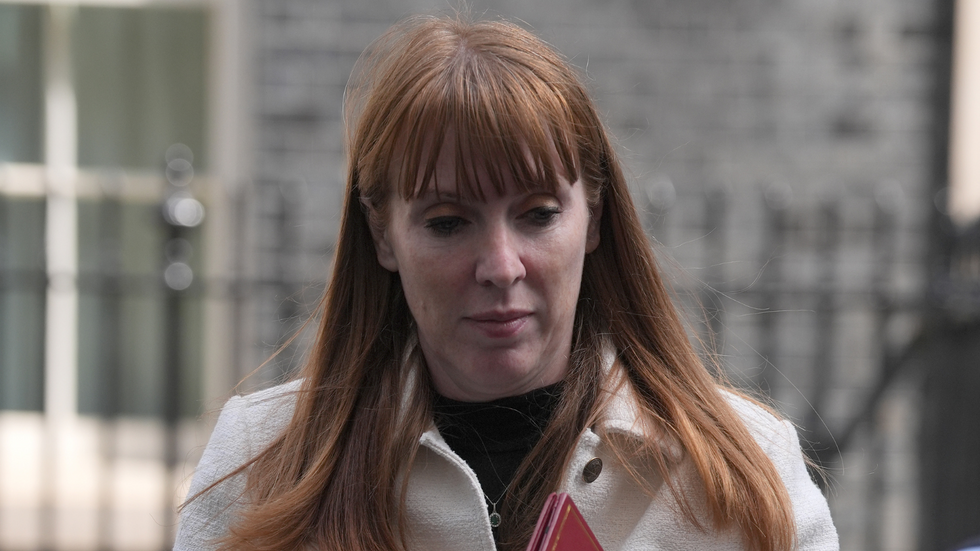 Angela Rayner is spearheading efforts to establish an Islamophobia definition | PA
Angela Rayner is spearheading efforts to establish an Islamophobia definition | PAMatt Goodwin, writing in the Daily Mail, contends that threats of violence, misapplication of public order legislation, and accusations of Islamophobia currently restrict open debate about sensitive topics.
He supports Policy Exchange's recommendation to suspend all government work on Islamophobia definitions until the grooming gang inquiry concludes, allowing a full assessment of how language policing has affected justice.
Goodwin warns that enshrining an Islamophobia definition would create a society where such accusations prevent the pursuit of truth regarding issues like Sharia law, first-cousin marriage, and women's rights within certain communities.
The controversy highlights tensions between protecting religious minorities and maintaining the ability to discuss difficult subjects openly.
More From GB News






